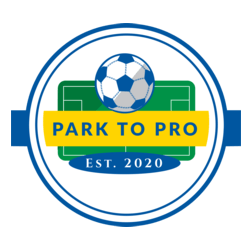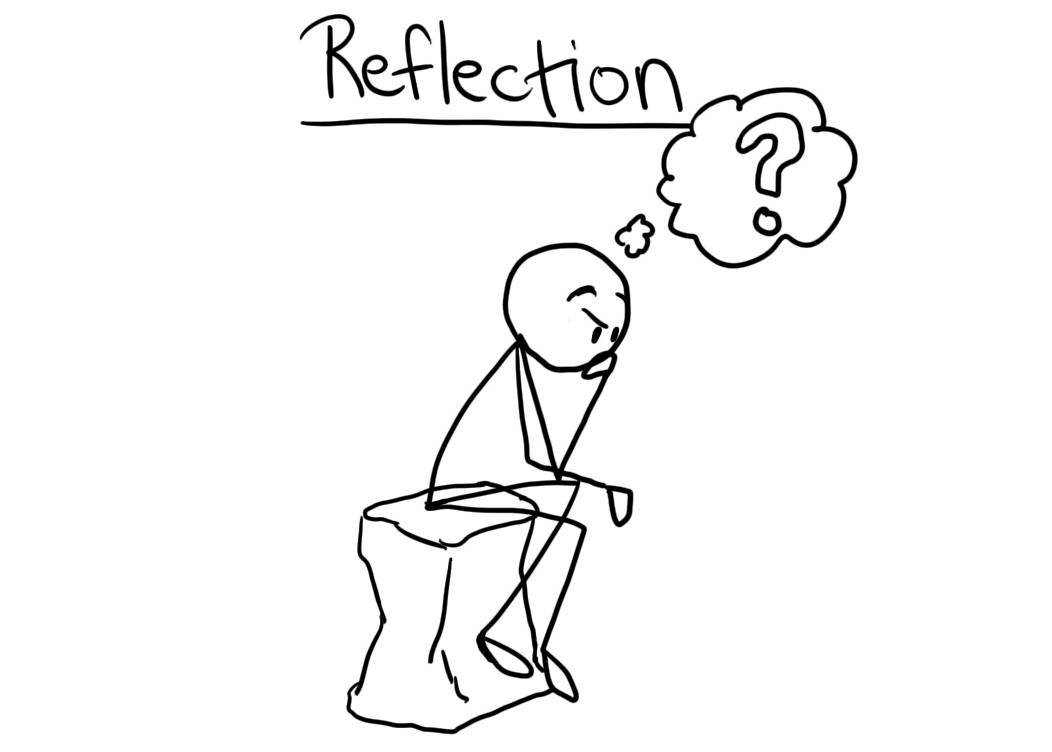Throughout my journey, I’ve had many different experiences to date, as you may expect. Some of these experiences have been extremely memorable for good reasons and others memorable, for not so good reasons. Learning the coaching process is a very slow one and takes many hours to refine, to then enable you to assist the players & staff you work with.
While ‘experience’ in itself is always going to take place, it’s what we do with it, that can improve us for the future. Experience is also known as sensory data and when you do something, there will be a certain response. This response will then have an emotional attachment that can trigger all different types of hormones and feelings. While we always crave rewards (dopamine), those that coach or play football, will know that things don’t always go to plan.
One thing I’ve learnt more on in the last few years, is what reflecting can do and how it can effect performance.
To enable yourself to reflect, you have to be able to theorise what happened. By doing this you can firstly write down the stimulus. What did you see/hear/feel? What happened?
Then you can record any pop ups that you have in your brain, in response to the original stimulus. What responses is your brain giving to this situation and as a consequence, what are you visualising?
Finally, you can then record how you may action these new ‘pop-ups’, in the future.
Here is an example;
Topic – Questioning
What (Stimulus); We had to ask the delegates twice for their questions and emphasised on the deadline of when they were due in. This then prompted a flurry of messages with some very in-depth (detailed) responses and questions to suit. The task was then to separate the questions into the ‘what’ and filter out the ‘how’, as some of the questions fell into this bracket.
Reflection (Response); We could’ve highlighted the need for questions and set a deadline earlier on – possibly the first contact we had.
To improve (Action); The date and time is already set for the next meeting and the deadline for questions. Now delegates have seen this, I feel that this months process will be better, as they know what is expected of them.
This is one of my reflections, from my mentorship programme currently.
The power of reflecting is an extremely useful and one that has helped me massively over the last few years. If it is implemented regularly and throughly, you could be able to push your thinking to new levels. I use writing as my tool to reflect and to take all the ‘gold’ from the mine, in order to improve myself. The gold is the new pop-up that I have had and what my thoughts are, on the given situation. The mine is my brain….I don’t want to leave any new thoughts to go to waste, that could improve me, so everything is written down.
As you can see from the above example, the process can be a long one, but the benefits can be huge. Here I’ll outline some tips, that I’ve found useful while learning how to reflect;
Do it when your brain is fresh – early mornings could be best
Don’t have any distractions – the pop ups you want are exclusive to the experience only. Having interactions with a mobile phone for example, will give you other stimuli, that isn’t related to the coaching you’re doing for example
Write down exactly what you see, what the response is, and how you could use it in your coaching in the future
Don’t leave anything to waste – the one ‘pop-up’ you leave and don’t record, could be the one that improves what you or how you do it
After you’ve used the reflection, reflect again and create a new reflection – this process then allows it to be constantly ongoing
Why not starting reflecting on your actions today and see what progress you can make?


